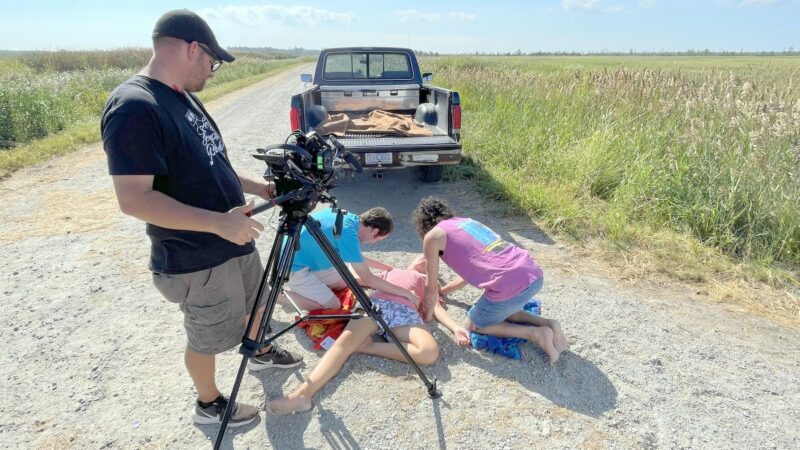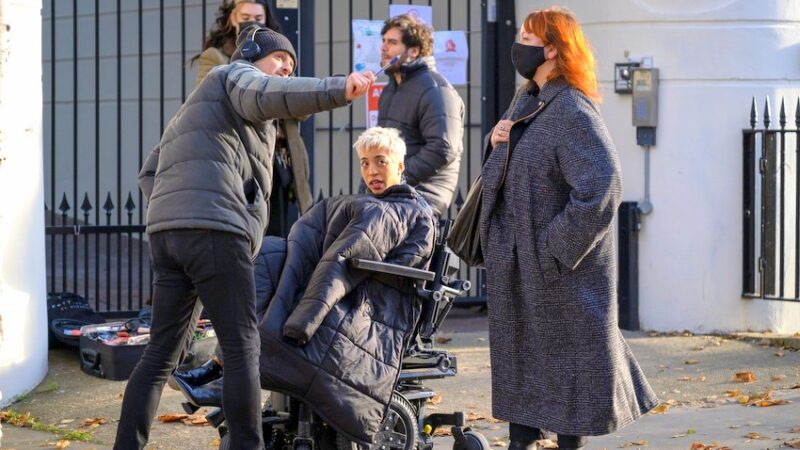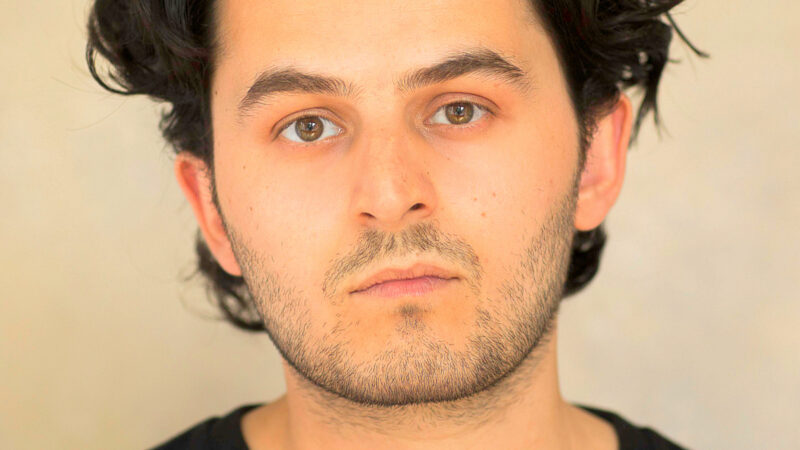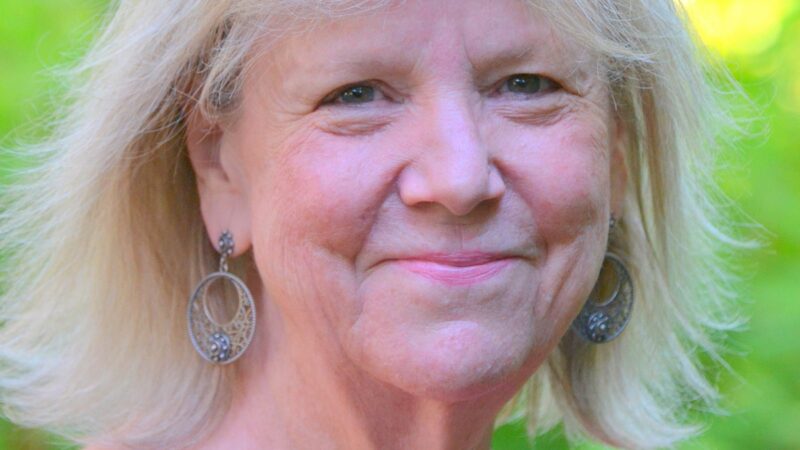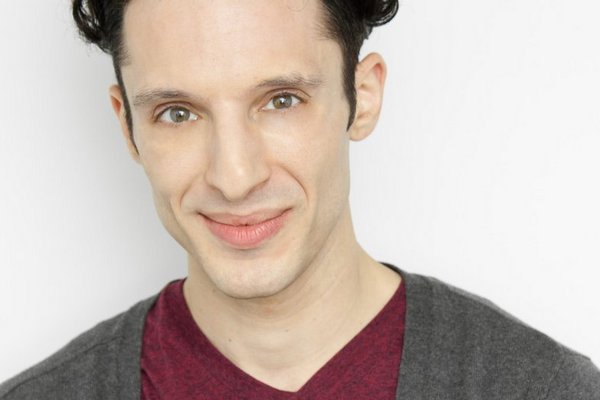
Dan Salem’s first time acting was as a freshman in college at Boston University. Dan Salem has always been interested in writing, but had not acting until he met his freshman year roommate, Ben, who was an aspiring director and put Dan Salem into his very first film within a week of classes starting. Dan wore a box on his head as a satire of how college students all walk around mindlessly getting drunk. Although not a fulfilling role, it was liberating to let go on camera and step into someone else’s shoes. Dan has been acting ever since. Dan Salem met his wife Mandi Mellen a year later. She was studying film, at Boston University, and she cast me in her projects as well. Dan Salem and Mandi Mellen now work together in the industry.
A Silly #CIA caper! #Starbeans A Coffee Conspiracy https://t.co/E15Y2CqwaO Start reading! #indieauthors #writing #Humor
— Dan Salem (@thedansalem) March 15, 2017
Did you study what you do
I began my career learning on the job, but quickly realized I needed to be studying and training as well. I started by acting in all types of projects, writing both screenplays and traditional pieces, as well as working in film and TV production. I basically learned the current state of Hollywood at the time from every possible angle. I then began studying the craft of acting, first with improv classes and comedy shows. I took commercial acting classes with multiple casting directors, because commercial acting is very different than theatrical. My first scene study class was with director Katt Shea, best known for her horror films like Poison Ivy and Carrie 2. She put us on camera every class and focused on getting us out of our heads as actors. I studied with Katt for over five years before joining the masters class of the Will Wallace Acting Company. Director and actor Will Wallace has a long resume, with his newest film Trafficked set to debut later this year. Will teaches us detailed scene study and character development, as well as cold reading technique. Its an incredible community of filmmakers who all support one another. I can’t imagine thriving in this industry without such a network.
What is your filmmaking process
My process as an actor is slightly different than as a director, writer and producer. With acting I always look for the relationship in a scene and strive to make several strong choices about my character. Its not the words that are most important, but the connection made in the moment. I love to utilize improvisation where appropriate, bringing life to a character with my own personal touch. As a director, writer and producer I outline the most critical moments in a scene. Are there jokes that I can’t live without, or a specific reaction I’m looking for from a character? While I take pride in what’s written, I don’t like to bind my actors to the page. I prefer to give them freedom, trusting their natural instincts and seeing what new things they create for me. I love to be surprised, but am always ready to reel an actor back in as necessary, so we capture those key moments that are critical.
Tell us about the work you have produced
I’ve produced a range of projects, all with my wife and partner Mandi Mellen. This is a collaborative business and having a strong partner is an invaluable asset. We run two Youtube channels, one where we vlog daily (BuzzChomp) and one that’s all comedy web series (Pillow Talk TV). Each channel is nearly three years old. We’ve also produced several shorts, including a horror short film called ‘Daylight,’ and are in pre-production on a traditional comedy pilot. In all we’ve produced six full web series and over 100 episodes of short form comedy. We also produce promo films for entrepreneurs and businesses. Acting is only one part of the puzzle and as a producer you never want to worry about your actors. We look to work with people we can trust, so that talent and performance is a given. There are so many other variables at play in a production, so eliminating as many as possible goes a long way towards success.
Do you take courses to improve your craft
I’m always studying and always in class. I take a weekly acting class with director Will Wallace and make sure to film something for my Youtube channels every week. Acting is a craft and just like with sports, practice makes perfect. You must fine tune your instrument and be on set as much as possible. Workshops are a great way to learn from other industry professionals, be it casting directors or producers. I think taking a weekly class is more important, but workshops are an excellent resource. You need to find the community and teacher who works best for you, but always be filming and always be working on your craft. No one knows you better than yourself, so write something for you and put yourself on camera. You’ll be amazed at the results.
How do you combine acting, producing and writing
All parts of the industry must work together as a team, so acting, producing, directing and writing all overlap in the indie filmmaking world. I particularly enjoy being a writer and director, because you have the opportunity to bring your own words to life and orchestrate the final outcome on camera. Producing is very much the business of the business, but the only way to make money and be successful is to understand it, or work with someone who does. Producing at even the most indie level will teach you as an actor, writer, or director what it takes to make your job possible. I don’t believe these jobs combine together, but rather they get separated apart as you hire individuals who are exceptional at each specific job.
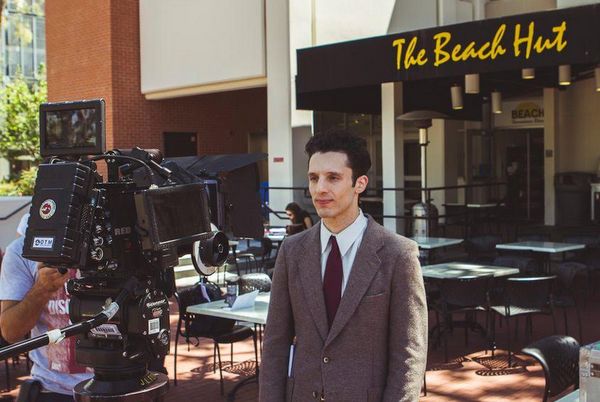
How did you get into the film business
I met my wife Mandi Mellen at a pizza parlor in Boston during my second year of college. That night she told me she was going to be an actor and filmmaker, so I told her she had to move to Los Angeles. We agreed and from that point forward I was in the film business. This business is no longer limited to any specific city, but the heart and soul is still in Hollywood. Expressing your art is a special thing and takes courage. Anyone who does so and is brave enough to share it with the world can consider themselves part of this business. Its a positive and supportive community, no matter what it may appear to be on television
How do you turn an idea into a screenplay
I love to brainstorm, either by myself (Dan Salem) or with a partner. I write down my idea and then talk it out in all its weird and creative incarnations. Long hikes, long car rides, or even just sitting in the quiet of my living room are my ideal environments for developing an idea. Once the brainstorming has been accomplished, I set out and start writing. I make sure I write for at least an hour at a time and I keep pushing through it. Finishing the first draft is often the hardest part, but then the real work begins. That first draft is rarely anything worth sharing, let alone filming. So keep writing and re-writing until another writer in your life who you respect thinks it’s solid.
Explain your writing process
I never write a new page without re-reading the page before. Writing for me is a constant process of re-reading and editing. New ideas will always pop up and the must be entertained. Once that first draft is finished, its likely more of a second or third draft because of how much I’ve re-read and edited every page along the way. I then like to set it aside for at least a week. Sometimes I have to let it sit a lot longer, because stepping away from a project is often the best way to see it with fresh eyes and a new perspective. Then you can dive back in, tear it apart, and start to finalize things.
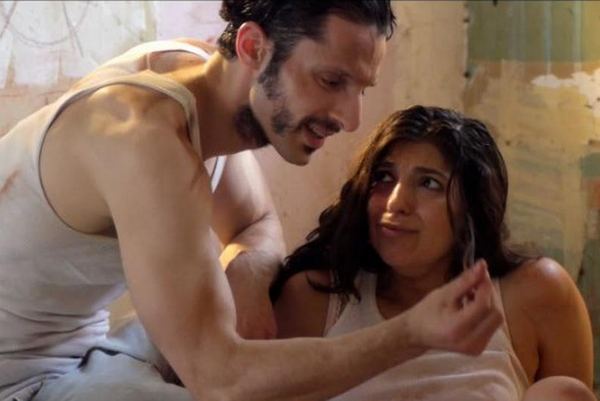
What writing tip or idea can you give young writers
There isn’t a single idea that you have, which can’t be made into something amazing. Start writing. Don’t get hung up on the details. Instead write the story that you want, no matter how big or out of the box it may seem. But don’t be afraid to let a story go. If an idea isn’t working then change it. If you don’t like the idea any more, set it aside for later. Writing should come easy at first. You’ll hit moments where you feel stuck, so talk to someone about it. But the beginning should just flow, if you love and feel confident in your idea.
Tell us about the directing work you have done
I’ve directed every episode of comedy on my Youtube channel Pillow Talk TV, as well as several short films including the horror short ‘Daylight.’ Directing is so much fun for me (Dan Salem), because I love working with actors and pushing them to surprise themselves. Comedy was where I got my start, but as I move into more dramatic pieces I find a real sense of comfort in bringing life to real moments. My favorite thing I’ve directed was an episode of the comedy Weekend Warriors called ‘Strip Poker: Co-ed Party.’ The show has an ensemble cast and I just loved creating the dynamic between the men and ladies all playing strip poker together. There was no actual nudity, but it was fun to create the implication.
What do you want to change about the film business
I’d like to see more platforms like Youtube provide free translation services for filmmakers and creators. You can pay for these things, but Hollywood is becoming more and more international everyday. Streaming services and creator-centric platforms are all international. My fans are international, but I don’t feel like I have the ability as a creator to easily put my voice into someone else’s native language. I’d also like to see a bit more recognition for the independent world of filmmaking, and I’m not talking about films made for under $20 million, but rather projects under $100K. Studios can afford every bell and whistle, but that doesn’t mean the content of less glitzy projects is worse. I believe there is a market for short form content of all types, but advertisers have yet to really back it.
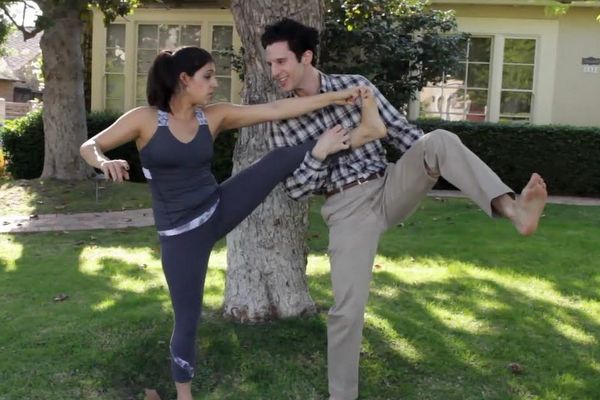
What do you want to be remembered for
I’d like to be remembered for my ability to make you smile. Even with dramatic pieces, there’s a moment where the audience can really relate to you as the lead character and smile. No matter what I do, I want to put a smile on people’s faces. Life is challenging, but I’d like to think I can make it better.
What do you want from an actor during production
I want my actors to be present and invested in the outcome. I don’t care what’s going on in your life; when you show up to set all of that goes away. I want you to be present and ready to work, ready to dive into your character and take on their problems and reality. Your performance must be important to you. Its a reflection of your work ethic and your professionalism. All of the best actors strive to be great, no matter the script or circumstances.
How do you prefer to work with a producer during a production
I’m flexible, so if a producer would like to be on set then I’ll certainly oblige. But ultimately, the fewer people on set, the better. The less distractions for my actors and everyone involved, the better. Producers are vital to the success of a project, but those types of decisions rarely have a place while shooting a scene. Its best to talk with producers before or after you’re done filming a scene. That way you can give it your full attention and maximize your time on set. Time is always money.
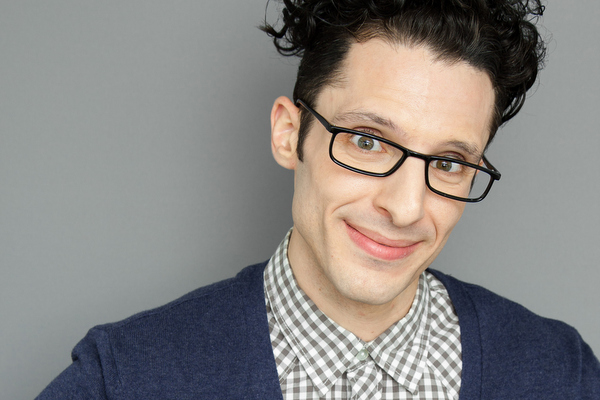
What do you think a director can do to get into the film business
If you are also a writer, then write something for yourself to direct. Otherwise find a writer you trust and form a partnership. People want to see examples of your work and your abilities, so create something amazing to show them. This is a hands-on industry of motivated people that get things done. There are tons of projects in need of a director, but without an example of your work, people will be hesitant to give you that first opportunity. Be willing to work for free in the beginning, and be willing to get paid to do other production related jobs. Networking and making other industry friends is a great way to get work.
Who is you favorite director
Judd Apatow is my (Mandi Mellen) favorite director. Comedy holds a special place in my heart and he’s mastered both traditional comedy and darker comedy. He could care less about crossing a line and strives to make you uncomfortable as an audience member. His projects are incredibly smart, even if they surround themselves with drugs and sex and potty humor at times.
What advice will you give director around the world
Start creating and get your content up on Youtube, or another platform like Amazon’s new video service. Put it out there for people to see and enjoy, because your fans are out there waiting for you. But be willing and able to relocate when the time comes. Projects will take you all over the world. Expect the unexpected.
Briefly describe your career
My career began fully embroiled in comedy and comedic writing. I’ve since expanded into all aspects of theatrical and commercial projects. I discovered my dramatic side along the way and fully developed my writing abilities. I produce under my company M Square Productions and run the BuzzChomp Entertainment Network. On BuzzChomp I write sports and am co-editor of the website. All of our Youtube content for both channels also is published on BuzzChomp. My comedy channel Pillow TalK TV has six web series and I’ve also released my horror short film on the channel. BuzzChomp on Youtube is all vlogs on entertainment and my life in Los Angeles. Writing and producing on a weekly basis has truly brought my career to the next level. Plus it puts me and my ideas in front of a worldwide audience. I love that!
INTERVIEWS
In Conversation with Michael Oblowitz Director of Confidential Informant
Confidential Informant stars Mel Gibson, Dominic Purcell, and Kate Bosworth
more interviews




